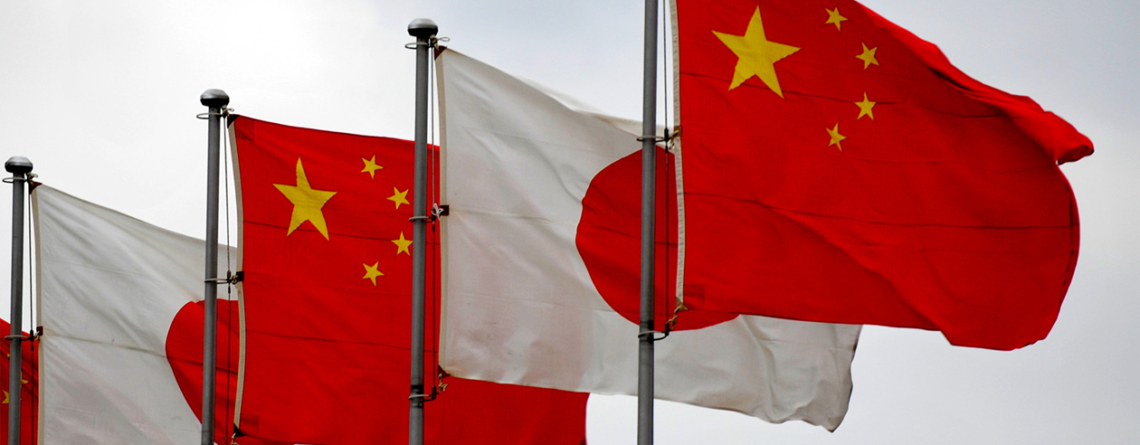Japan’s GPIF won’t buy China’s sovereign debt
Japan’s Government Pension Investment Fund, the world’s largest pension fund, said it won’t include yuan-denominated Chinese sovereign debt in its portfolio.
The decision comes as FTSE Russell is set to start adding Chinese debt to its benchmark global bond index, which the GPIF follows, starting in October. The pension fund will instead use a version of the World Government Bond index that excludes Chinese government bonds, Hiroshi Nagaoka, an official at the pension fund, told Bloomberg News.
Minutes from a July meeting of the pension fund’s board of governors released Wednesday showed that the members were in favor of avoiding Chinese bonds, citing issues surrounding settlement, liquidity and stability. The management board made a final decision on Sept. 22, Mr. Nagaoka said.
The decision comes amid a steady deterioration in the China-Japan relationship. And it was not related to the issues surrounding China Evergrande Group, Mr. Nagaoka added.
“Investors have been forced to rethink the risks of investing in Chinese assets,” said Kiyoshi Ishigane, chief fund manager at Mitsubishi UFJ Kokusai Asset Management Co. in Tokyo. He cited U.S.-China tensions and recent government curbs on the private sector, as well as Evergrande.
Read more @Pionline
336 views










